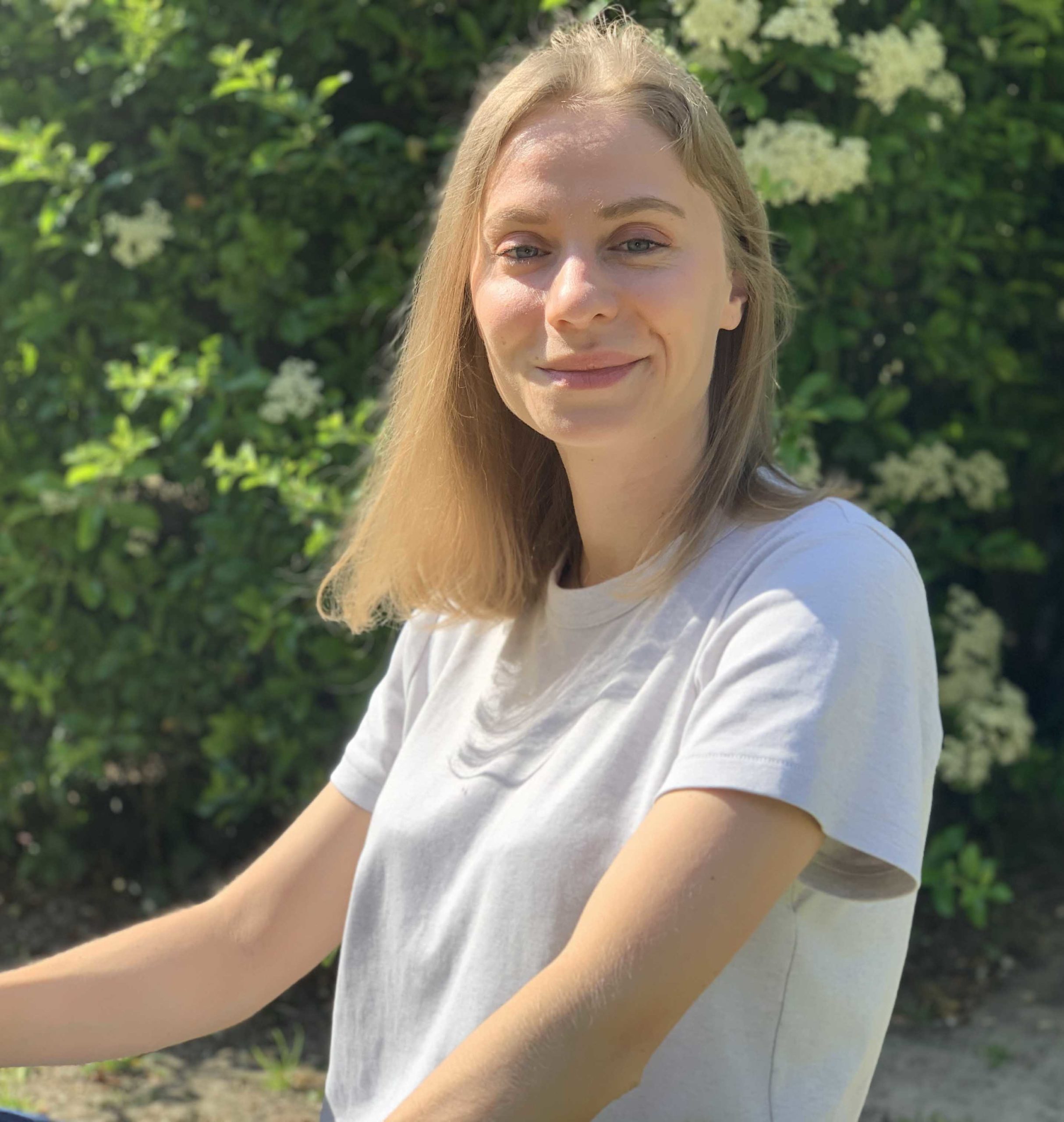Oksana Iamshanova, University of Bern, Switzerland
-
On 30 June 2023Amphi DEfalse false
-
11h30
Exploring the Oligomerization of Nav1.5 and Its Implication for the Dominant-Negative Effect
Exploring the Oligomerization of Nav1.5 and Its Implication for the Dominant-Negative Effect
Oksana Iamshanova, PhD
Postdoctoral researcher
Institute of Biochemistry and Molecular Medicine,
University of Bern, Switzerland
Abstract
The SCN5A gene that encodes for the cardiac voltage-gated sodium channel, Nav1.5, demonstrated a dominant-negative effect (DNE). DNE is illustrated by the decrease of sodium current provided through wild-type pore-forming subunits when co-expressed with the missense variants. DNE might occur in heterozygous SCN5A individuals, for instance, in patients with Brugada syndrome, a life-threatening cardiac arrhythmia. The aim of our study was to investigate whether the oligomerization of Nav1.5 could represent the molecular mechanism underlying DNE.
Biography
Dr Oksana Iamshanova is a postdoctoral researcher at the group headed by Prof Hugues Abriel. Her project is focused on the investigation of the cardiac voltage-gated sodium channel, Nav1.5, its regulation by the protein partners, and their role in the dominant-negative effect exhibited by the SCN5A missense variants. Additionally, Dr Iamshanova is involved in the organization of the Worldwide Sodium Channel Seminars, participates in science outreach with 500 Women Scientists, and is a hiking enthusiast.






